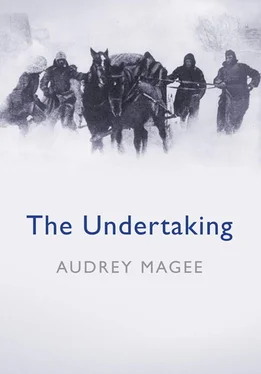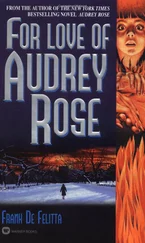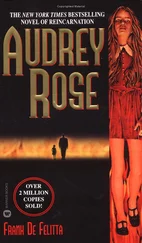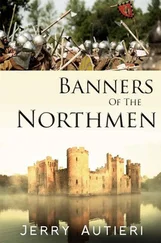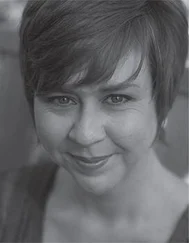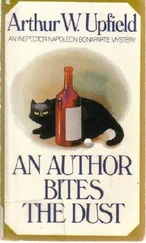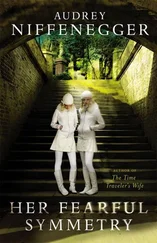Audrey Magee
THE UNDERTAKING
He dragged barbed wire away from the post, clearing a space on the parched earth, and took the photograph from the pocket of his tunic. He pressed the picture against the post and held it in place with string, covering the woman’s hair and neck, but not her face. He could still see that, still see her sullen eyes and sulking lips. He tied a knot, and spat at the ground. She would have to do.
He lay down to soak up the last of the summer sun, indifferent to the swirling dust and grit, wanting only to rest, to experience the momentary nothingness of waiting. But he sat up again. The ground was too hard, the sun too hot. He lit a cigarette and stared into the shimmering heat until he located a rotund figure, its arms and legs working furiously, but generating little speed. The man arrived eventually, grumbling and panting, sweat dribbling onto the white of his clerical collar.
‘Why are you so bloody far away?’ he said.
‘I wanted privacy.’
‘Well, you’ve got that. Is everything ready?’
‘Yes.’
‘Let’s get on with it, then,’ said the chaplain. ‘We should make it just in time.’
He drew a pencil and piece of crumpled paper from his pocket.
‘Who is the groom, Private?’
‘I am.’
‘And your name?’
‘Peter Faber.’
‘And the witnesses?’ said the chaplain.
‘Over there,’ said Faber, pointing at three men curled up in sleep.
The chaplain walked over and kicked at them.
‘They’re drunk.’
Faber blew rings of smoke at the blue sky.
‘Are you drunk too, Faber?’
‘Not yet.’
The chaplain kicked harder. The men moved, grudgingly.
‘Right, we’re doing this now. Put your cigarette out, Faber. Stand up. Show a little respect.’
Faber stubbed the cigarette into the soil, pressed his long, narrow hands against the earth and slowly got to his feet.
‘Hair out of your eyes, man,’ said the chaplain. ‘Who is it you’re marrying?’
‘Katharina Spinell.’
‘Is that her there? In the photograph?’
‘As far as I know.’
‘As far as you know?’
‘I’ve never met her.’
‘But you want to marry her?’
‘Yes, Sir.’
‘You’re keen.’
‘To escape this stinking hellhole.’
The priest wrote briefly, and returned the pen and paper to his pocket.
‘We can begin,’ he said. ‘Your helmet, Faber?’
‘That’s it. On the ground. Next to the photograph.’
‘Gather round, men,’ said the priest. ‘Right hands on the helmet.’
They squatted in a small circle around the dirty, dented helmet, knees and elbows tumbling into each other.
‘Groom first.’
Faber placed his hand on the metal, but quickly took it off again.
‘It’s too bloody hot.’
‘Get on with it,’ said the chaplain. ‘It’s a minute to twelve at home.’
Faber pulled his sleeve over his hand.
‘The flesh of your hand, Faber. Not the sleeve.’
The priest picked up a fistful of earth and scattered it over the helmet.
‘There.’
‘Thank you.’
Faber replaced his hand, and the other men followed. The chaplain spoke, and within minutes Faber was married to a woman in Berlin he had never met. A thousand miles away, at exactly the same moment, she took part in a similar ceremony witnessed by her father and mother; her part in a war pact that ensured honeymoon leave for him and a widow’s pension for her in the event of his death.
‘That’s it,’ said the chaplain. ‘You’re now a married man.’
Each of the men shook his hand.
‘I need a drink,’ said Faber.
He picked up his helmet, but left the photograph and walked back to camp.
He stared, for longer than was polite, and then spoke.
‘I’m Peter Faber.’
‘I know. I recognize you from your photograph.’
‘You’re Katharina?’
She nodded and he shook her hand, surprised by the softness of her flesh, by the tumble of dark hair over her shoulders. She tugged at him.
‘My hand,’ she said. ‘May I have it back?’
‘I’m sorry.’
He dropped it and stepped back onto the pavement, to stand beside his pack and gun. She stayed where she was, her hip leaning into the half-opened door.
‘Was it a long journey, Mr Faber?’
‘Yes. Yes, it was. Very.’
She raised her hand against the sun and stared at him.
‘How long are you staying?’
‘Ten days.’
She pulled back the door.
‘You should come in.’
He picked up his kit and stepped into the dark, windowless hall. She put her hand over her nose and mouth. He stank. She moved away from him and set off up the stairs.
‘We’re on the second floor.’
‘Who’s we?’
‘My parents.’
‘I didn’t know you lived with them.’
‘I’m not paid enough to live by myself.’
‘I suppose not. What do you do?’
‘I told you in my letter. I work in a bank. As a typist.’
‘Oh yes, I forgot.’
He followed her up the frayed linoleum steps, watching each plump buttock as it shifted her skirt from side to side. She looked back at him.
‘Do you need any help?’
‘I’m fine,’ he said.
‘They’re looking forward to meeting you.’
She pushed open the door to the apartment. He slid the pack off his shoulder.
‘Let me take it,’ she said.
‘It’s too heavy.’
‘I’ll manage.’
She dragged the bag to a room behind the door, and returned for his rifle.
‘I’ll hang on to that,’ he said.
‘You’re in Berlin now.’
‘I prefer having it with me.’
He followed her along a narrow corridor to a small kitchen shimmering with condensation. Her parents got to their feet and saluted, each movement brisk with enthusiasm.
‘I’m Günther Spinell,’ said the man. ‘Katharina’s father.’
Faber shook his hand.
‘We are extremely proud to have a second soldier in our family.’
Faber looked down at the table. Four places were set, the crockery mismatched and chipped.
‘My son is to the north of you, Mr Faber. Somewhere outside Moscow.’
‘The poor sod.’
‘Johannes is a very brave man, Mr Faber.’
Katharina’s mother, her greying hair tightly curled, pointed to a chair.
‘Do sit down, Mr Faber.’
He unhooked his helmet, ammunition pouches and bread bag from his belts, and heaped them on a narrow counter beside the cooker. He sat down and scratched his back against the wood.
‘Are you comfortable?’
‘I’m fine.’
‘Did you have a good journey?’ said Mrs Spinell.
‘Nights in the train were cold.’
‘You don’t have a winter coat? No gloves?’
‘Not yet.’
‘Do you think Johannes has any?’
‘I don’t know.’
Mrs Spinell took a handkerchief from her sleeve and held it over her mouth and nose. She coughed, and cleared her throat.
‘Open the window, Katharina.’
He watched her push at the glass and lean out, her bottom sticking back into the room. She remained there, breathing the cold October air. He stared at her broad, fleshy hips.
‘Mr Ewald is stacking his crates,’ she said.
Faber heard wood slapping against wood.
‘That’s our grocer, Mr Faber,’ said her father. ‘A remarkably loyal man.’
‘He’s finishing early,’ said Mrs Spinell.
‘There wasn’t much today,’ said Katharina.
She turned back into the room.
‘Come on, Mother. We should make coffee.’
Faber lit a cigarette. Mrs Spinell placed an ashtray on the table. It was shaped as a swastika.
Читать дальше
